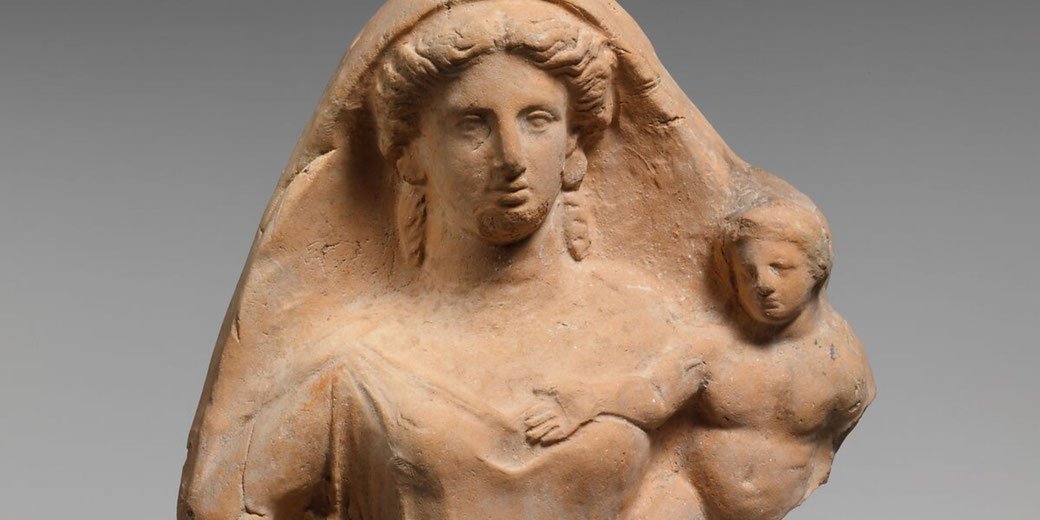How Alexander the Great's only son became a tragic pawn in a bloody struggle for the throne

Alexander IV of Macedon, the son of the legendary Alexander the Great, lived a short life overshadowed by the immense legacy of his father.
Born into a world of political turmoil and power struggles, his existence was emblematic of the challenges that the Macedonian Empire faced in the wake of Alexander the Great's untimely death.
While his father's conquests stretched from Greece to the borders of India, Alexander IV's life was confined to the machinations of regents and generals vying for control.
His story, though brief, offers a poignant glimpse into the complexities of Hellenistic politics and the fragility of dynastic rule.
The dramatic death of Alexander the Great
The sudden death of Alexander the Great in 323 BC in Babylon sent shockwaves throughout the vast Macedonian Empire.
The leader, who had never lost a battle and had ambitions to further his conquests, left behind an empire with no clear succession plan.
His unexpected demise at the age of 32 led to immediate questions about the future leadership of the territories he had amassed.

The empire's generals and administrators, collectively known as the Diadochi, were left in a precarious position.
Among them were prominent figures like Perdiccas, Ptolemy, Antigonus, and Seleucus.
Each had their own ambitions and visions for the empire, and the absence of a clear heir exacerbated tensions among them.
Alexander's half-brother, Philip III Arrhidaeus, who had a mental disability, was quickly declared king.
However, due to his condition, he was seen by many as a figurehead rather than a ruler with genuine authority.
Being born into a political storm
Roxana, Alexander's widow, was pregnant at the time of his death, and the potential birth of a legitimate heir added another layer of complexity to the already volatile situation.
Roxana was a Bactrian princess whom Alexander the Great had married during his eastern campaigns.
When she gave birth to Alexander IV, the infant became a symbol of hope for those who wished to see the continuation of the Argead dynasty.
However, he also became a target for those who viewed him as an obstacle to their own aspirations for power.
Perdiccas, the chief regent and one of Alexander's most trusted generals, took on the initial responsibility of overseeing the empire on behalf of the young heir and his co-king, Philip III Arrhidaeus.
By positioning himself as the protector and guardian of Alexander IV, Perdiccas aimed to consolidate his own authority over the empire.
His control over the young heir was a clear message to rivals about his dominant position in the post-Alexander political landscape.
Also, Perdiccas' attempt to marry Alexander's sister, Cleopatra, was seen as a move to further solidify his claim to the throne.
This, among other factors, led to a growing resistance to his power.
Why Alexander was taken back to Macedon
Perdiccas's regency was short-lived. By 320 BC, he was assassinated due to a conspiracy led by fellow Diadochi, including Antigonus, Ptolemy, and Seleucus, who were discontented with his leadership and decisions.
Following Perdiccas's death, a new arrangement was made at the Partition of Triparadisus.
Antipater, another of Alexander's veteran generals, was appointed regent. He moved Alexander IV and his mother, Roxana, to Macedon.
This relocation was a strategic move, ensuring that the young king was under his direct supervision and influence.
By controlling the heir to Alexander the Great, Antipater could command greater respect and obedience from other Macedonian nobles and generals.
However, Antipater's tenure as regent was also brief, as he died in 319 BC.
His son, Cassander, emerged as a key player in the subsequent power dynamics.
While Cassander never officially used Alexander IV to legitimize his own rule, he was acutely aware of the young king's symbolic importance.
The mere existence of Alexander IV posed a challenge to Cassander's ambitions, as loyalists to the Argead dynasty could rally around the young king as a figurehead for resistance.
As Alexander IV approached the age of 14, the threat of him asserting his own claim to the throne became more palpable.
Cassander, who by then had established a strong foothold in Macedon, recognized this threat.
The assassination of Alexander IV
In a calculated move to extinguish the last embers of the Argead dynasty, Cassander ordered the assassination of both Alexander IV and Roxana in 309 BC.
They were secretly executed in the Amphipolis fortress, ensuring that no direct heir of Alexander the Great remained to challenge his rule.
With their deaths, the direct lineage of the Argead dynasty, which had ruled Macedon for centuries, came to a brutal end.
However, the broader empire that Alexander had built did not reunite under a single banner.
Instead, it continued its trajectory of fragmentation, with various Diadochi and their descendants establishing and consolidating their own dynastic kingdoms.

The Hellenistic period that followed saw the rise of several powerful kingdoms, including the Ptolemaic dynasty in Egypt, the Seleucid Empire in Asia, and the Antigonid dynasty in Macedon.
These kingdoms, while separate entities, carried forward the cultural and administrative influences of Alexander the Great's conquests.
Greek culture, language, and governance structures spread throughout these territories, leading to a period of Hellenization that impacted regions from Egypt to the borders of India.
What do you need help with?
Download ready-to-use digital learning resources
Copyright © History Skills 2014-2025.
Contact via email
With the exception of links to external sites, some historical sources and extracts from specific publications, all content on this website is copyrighted by History Skills. This content may not be copied, republished or redistributed without written permission from the website creator. Please use the Contact page to obtain relevant permission.





